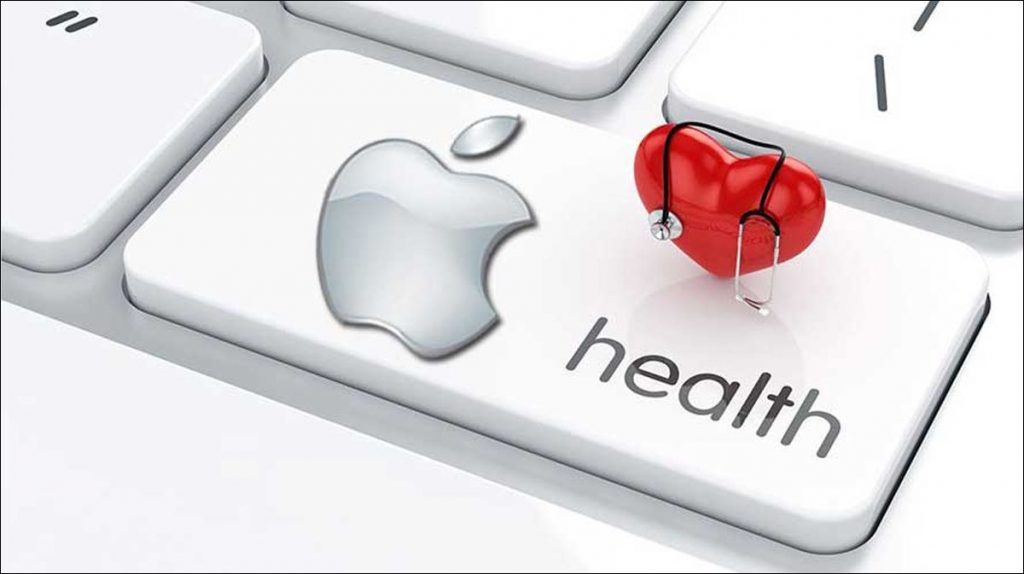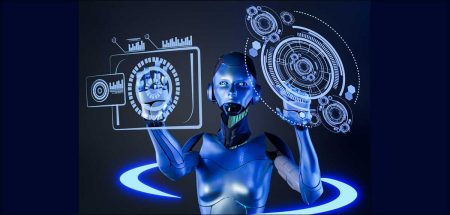The world’s most valuable company Apple – among other tech giants – wants to disrupt the healthcare market finds out Satyen K. Bordoloi as he figures out why
Every ‘sick bay’ in Star Trek is surprisingly bloodless and clean, full of gadgets that detect and heal at ‘warp speed’. While most of us write this off as the overreach of science fiction, one group took it seriously: Silicon Valley technopreneurs – and none more so than Apple.
In 2019, Tim Cook – CEO of Apple – made a strange assertion in an interview on CNBC, “I believe, if you zoom out into the future, and you look back, and you ask the question, ‘What was Apple’s greatest contribution to mankind?’ it will be about health.” Two years later he followed it up with the launch of the simply named: Apple Healthcare.
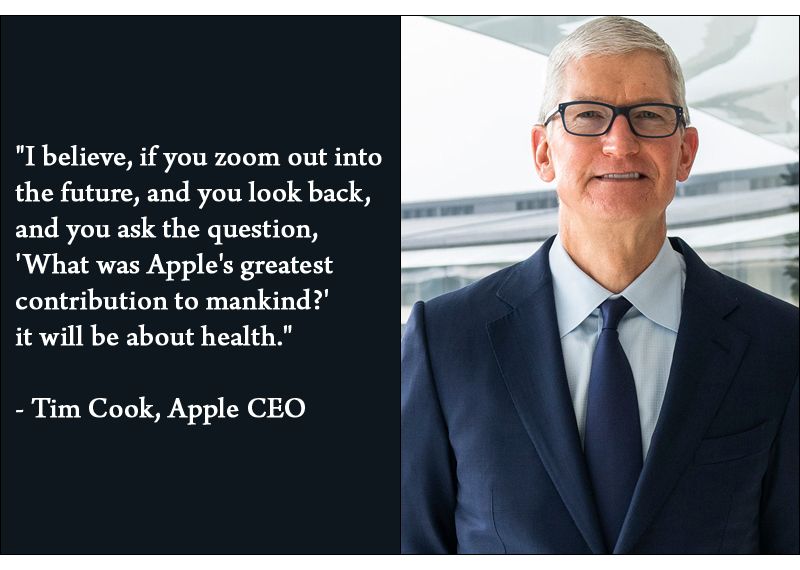
This foray of the world’s largest digital technology company into healthcare might confound a layman. But to those who have been following both tech and healthcare, this isn’t so surprising.
Age of Medical Miracles
Though we focus mostly on technological marvels, the last fifty years have also been the age of medical miracles. From editing genes using CRISPR to transplanting a genetically modified pigs’ heart into a human to making and testing a vaccine in under a year – humanity has traveled light-years in the last half a century, beyond even the imagination of science fiction writers a century ago. Yet, a disproportionate number of people continue to die of diseases that many think should have been curable by now or at worse, easily manageable.
One of the miracles has been the use of digital technology. Visit any hospital and you’ll see patients plugged into a host of digital devices reading and recording a patient’s vitals. Apple, and other Silicon Valley companies want to go further. First, plug holes in the broken healthcare system, and secondly in Tim Cook’s own words, “..taking what has been with the institutions and empowering the individual to manage their health.”
This begins with the product Apple began rolling out in 2015: Apple Watch. Though it had a ton of features, what people used most were health apps: those tracking workouts, heartbeats, steps walked in a day etc. These apps use simple sensors. What Apple wants to do is put more complex sensors and use collected data to help patients.
Most Tech Giants are interested in Healthcare
Apple isn’t the only one. Google with its subsidiary Verily Life Sciences says it’s ‘bringing the promise of precision health to everyone, every day’. Amazon is hoping Alexa will do a somewhat similar task to Apple Watch in their healthcare foray. There are rumours that Facebook aka Meta is developing its own wearable health tracker while the Metaverse has the potential for many applications in remote monitoring, telehealth, virtual patient care etc.
Microsoft’s Hololens is helping surgeons worldwide to share real-time expertise during operations while its ‘Mixed Reality’ Mesh platform will be Metaverse’s competition in the healthcare space.
If Elon Musk succeeds, Neuralink will not just be about connecting real and artificial intelligence, it will become one of the biggest game-changer in the healthcare space including with the sophisticated technology being invented to make it a reality.
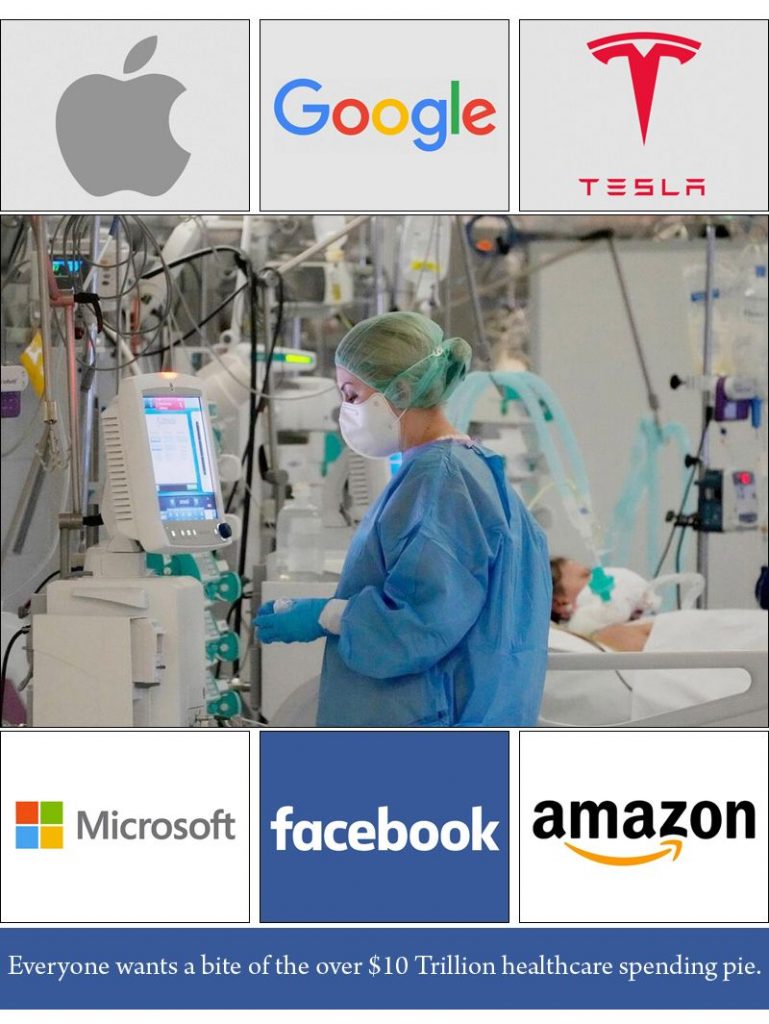
Though these companies were already looking into healthcare before COVID hit, the pandemic has only brought focus on medical systems worldwide and underlined the need for its reform.
If you consider that global healthcare spending will cross $10 trillion in 2022 and that with people living longer this spending is expected to grow exponentially, you realise that the proverbial ‘apple’ is ripe for the plucking by Apple and other tech companies.
Toughest Challenge for Silicon Valley
If you look at the advances in the last half a century where humans have learned to fix, repair, and transplant organs, you won’t blame tech moguls who think of diseases as just another problem to be solved. Especially if something like CRISPR allows us to literally edit the code that makes life possible: DNA. The human body seems like a system with its own set of rules: some can be fixed, others bent or changed like in the digital world.
However, some technopreneurs have found the hard way that healthcare is not easy to disrupt. Take the case of Theranos and its Steve Jobs wannabe founder Elizabeth Holmes. She made false claims about her machines that were meant to drastically improve disease detection, hoping like many in the tech world that technology will catch up to vindicate her.
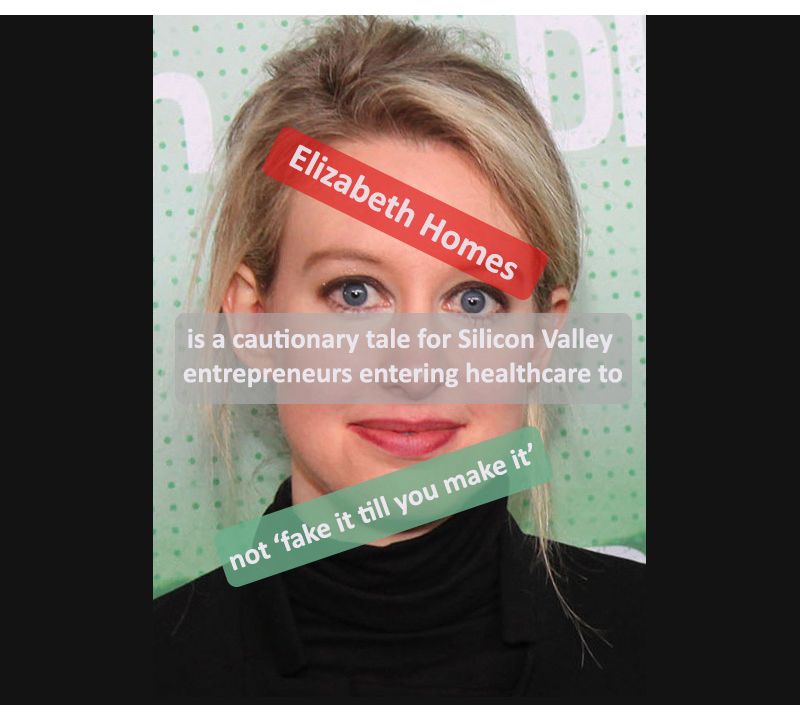
However, the ‘fake it till you make it’ mantra of Silicon Valley did not pan out well for her. The other tech companies, including Apple, are bound to realise that no matter how advanced, digital technology like Artificial Intelligence in healthcare won’t be as easy as it has been in other fields.
One of the toughest challenges though, would be for governments: how do they regulate such companies? Bad regulation in technology at worst costs money. Bad regulation in healthcare would literally cost lives. Thus the freedom that tech companies enjoy in the digital space will have to be curbed by governments the moment they enter healthcare. Tech companies addicted to lax regulations are expected to fight back.
Today, besides the biggies, Silicon Valley is littered with health-tech start-ups. The lure is understandable. However, Apple and these companies would do well to remember that imagining a utopian future in healthcare is one thing, to actually ‘go where no man has gone before’ is quite another. They’d do well to tread softly on their healthcare dreams, and on ours.
In case you missed:
- One App to Rule Them All: The Phenomenal Rise of Super-Apps
- The Most Revolutionary Treatment Ever Just Became Available to You
- PSEUDO AI: Hilarious Ways Humans Pretend to be AI to Fool You
- Want to live 150 years? Digital biology will soon crack it
- Why AGI, superintelligence fears for AI are unfounded
- Did Apple just invent the invisibility cloak with Vision Pro?
- 10 Years of ‘Her’: What the Film Got Right about AI, What It Did Not
- The Luddites – an ancient anti-tech cult rise against AI
- 2023 Developments That’ll Alter Your Future Forever
- Altered Silicon: AI-edited videos harm as much as full fakes



